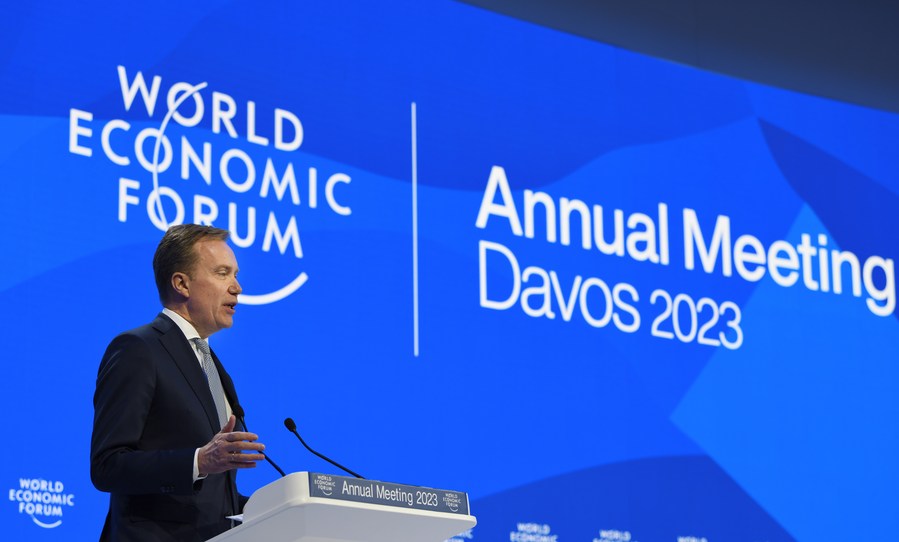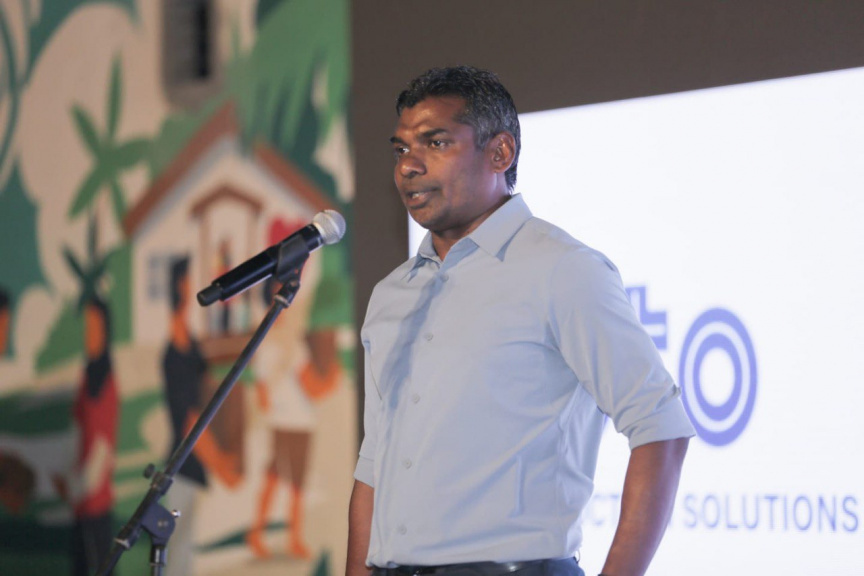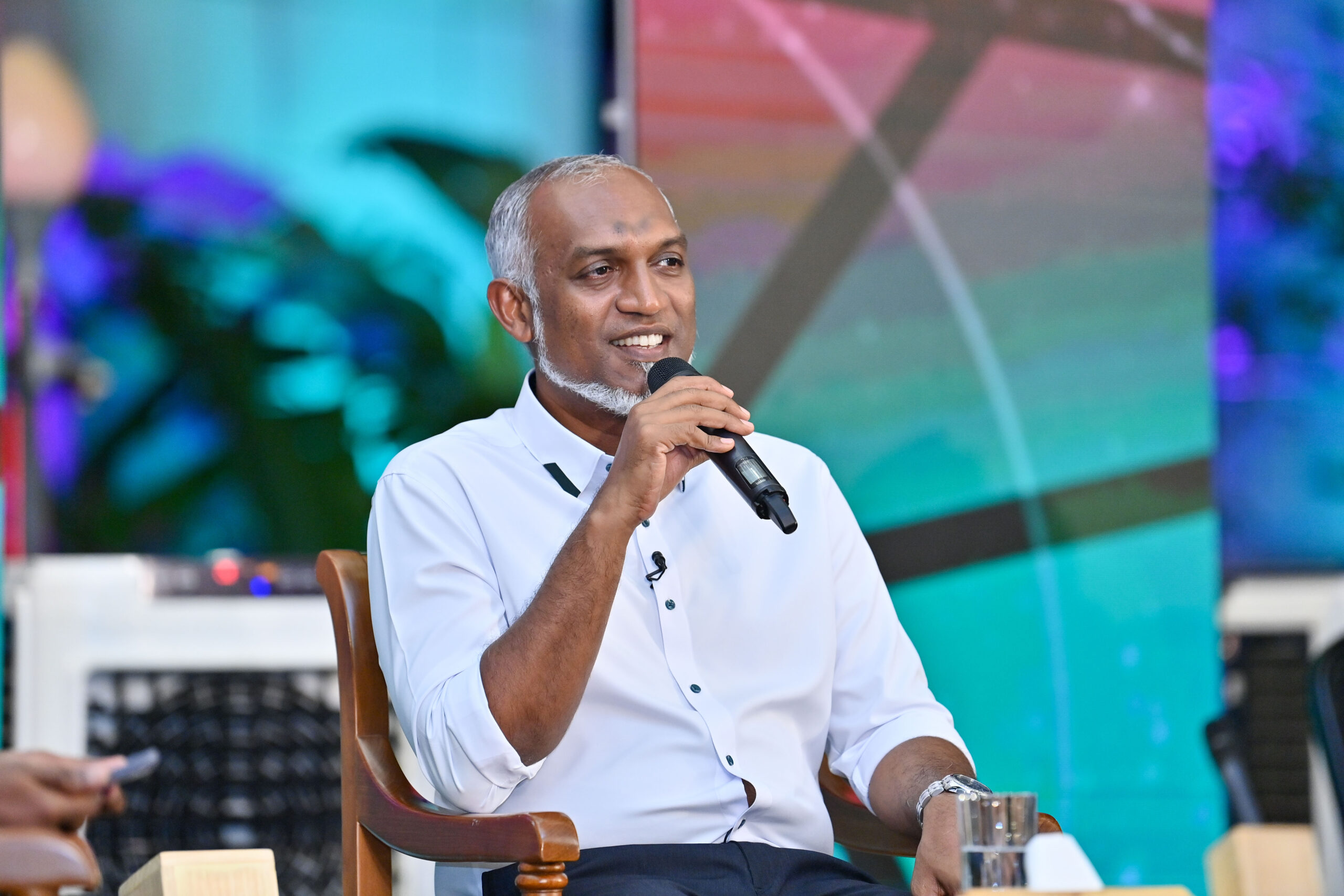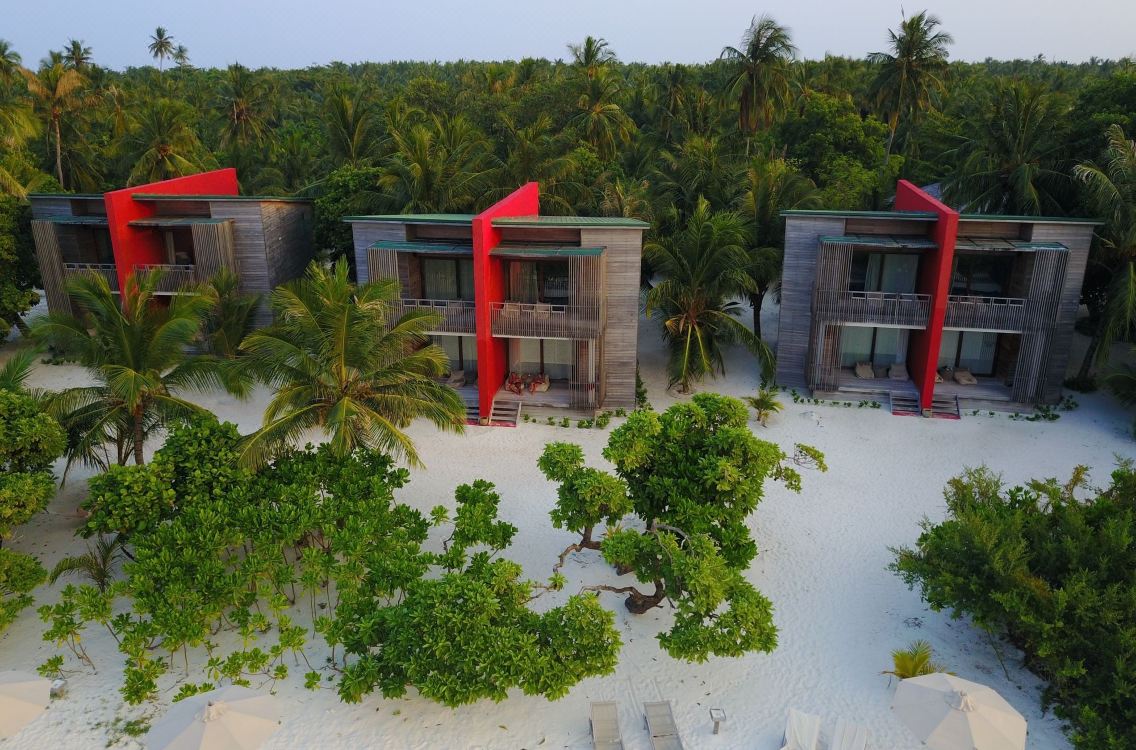DAVOS, Switzerland, Jan. 20 (Xinhua) — The global economy has regained steam after a difficult COVID-19 pandemic, but experts at the World Economic Forum (WEF) say a recovery is far from certain.
Under the theme “Cooperation in a Fragmented World,” the WEF’s 2023 annual meeting concluded here on Friday. The gathering came amid unprecedented global challenges such as high inflation, an energy crisis, climate change and geopolitical conflict.
Growth is on an upward trajectory and could witness a more robust recovery in 2023 through global cooperation and following China’s adjusted COVID-19 response measures.
CAUTION STILL NEEDED
The global economic outlook is not as bad as feared a couple of months ago, “but less bad doesn’t quite yet mean good,” Kristalina Georgieva, the managing director of the International Monetary Fund (IMF), told a closing panel at the WEF. “We have to be cautious.”
Georgieva said headline inflation was heading down. China’s optimized COVID-19 response is expected to boost global growth, with the IMF forecasting the Chinese economy will reach an estimated 4.4 percent, far outpacing global growth.
Signs of declining inflation, resilient consumer spending and strong labor markets, among others, suggest that growth could rebound in the short term.
“Be careful not to get on the other side of the spectrum, from being too pessimistic to being too optimistic. Stay in the middle of realism that seems to serve the world well,” Georgieva said.
The WEF issued its Global Risks Report 2023, saying that conflict and geo-economic tensions have triggered a series of deeply interconnected global risks, with the cost of living crisis being the most significant short-term risk. At the same time, climate change and climate adaptation are the most considerable long-term concern.
Georgieva said that future growth prospects depend on how supply chain security is managed.
“If we diversify rationally, the cost of this adjustment would be low — we put it down to 0.2 percent of GDP. If we trash trade that has been an engine for growth for so many decades, the cost can go up to 7 percent loss of GDP, equaling 7 trillion U.S. dollars,” she said.
“Labor markets are holding firm so far, but interest rates are yet to bite, and if they bite more severely, then we can see unemployment going up. And it is very different for a consumer to have a cost of living crisis and a job than the cost of living crisis and no job,” Georgieva said.
European Central Bank President Christine Lagarde was also cautious about the global economic outlook.
“The greatest tragedy in this moment would be if central banks were to lurch away from a focus on assuring price stability prematurely, and we were to have to fight this battle twice,” said former U.S. Treasury Secretary Lawrence Summers.
Despite recent signs of improvement, “relief must not become complacency,” Summers noted.
COOPERATION BRINGS OPTIMISM
Attendees at the forum said cooperation would be for global growth. WEF President Borge Brende expressed confidence that “we can shape a more resilient, sustainable and equitable future,” but “the only way to do it is together.”
United Nations Secretary-General Antonio Guterres called for urgent action on several interconnected challenges, including the global economic crisis and climate. He underlined the need to “forge the pathways to cooperation in our fragmented world.”
Leslie Maasdorp, vice president and chief financial officer of the New Development Bank, told Xinhua, “Without multilateral cooperation, you cannot really deal with challenges that are cross-national … I believe that the one positive lesson we can learn from COVID is that we are interconnected.”
Though challenges still threaten the global economy, attendees voiced hope that a severe recession may be avoided.
“We are now heading to a year where hopefully the corporates, the consumers, the state, policymakers will continue to have that resilient, determined approach to engineer the transitions that must take place,” Lagarde said.
“The situation around the world must be improving a little bit,” said Lagarde. “Players are moving from defense mode, that they had effectively been in 2021 and 2022, towards a more competitive mode.”
In his closing remarks on Friday, Brende said despite the many complex issues facing the global community, progress had been made at the annual meeting, especially in tackling the most urgent crises of food, energy and climate.
“For me, the greatest lesson of the week has been that although the world is more fragmented today, it does not need to be tomorrow,” Brende said.
EXPECTATIONS FOR CHINA
Business leaders worldwide have been pessimistic about the global economy in recent months, but now, cautious optimism is emerging. They are confident about the robust growth of the Chinese economy and expect China to be a “key driver” of a global recovery.
China’s economy posted steady growth in 2022 despite pressures including COVID-19 breakouts and a complex external environment, with its gross domestic product growing 3 percent year on year to a record high of 121.0207 trillion yuan (about 17.95 trillion U.S. dollars) in 2022, data from the National Bureau of Statistics showed.
The 2022 GDP growth was published at the time when the WEF was underway. With the better-than-expected data, optimism over both the Chinese and global economies spread in Davos.
Maasdorp was confident in China’s expected growth, a sentiment shared across the banking sector. Although he predicted a “bumpy period” in the first quarter of this year and potentially in the second, there are strong expectations for more robust growth driven by consumption in the year’s second half.
Haitham Al Ghais, secretary general of the Organization of Petroleum Exporting Countries, praised China for factoring renewable energy into its growth strategy.
“We are extremely proud of the steps taken by the Chinese government to promote renewable energy as a part of the energy mix as required for China to fuel its continuous development and economic growth,” he said.
“We are very confident in the Chinese economy and the strength of the leadership and the government and the people of China,” Al Ghais said.
Source(s): Xinhua

 World6 days ago
World6 days ago
 World6 days ago
World6 days ago
 News4 days ago
News4 days ago
 News7 days ago
News7 days ago
 News4 days ago
News4 days ago
 News4 days ago
News4 days ago
 News5 days ago
News5 days ago
 News3 days ago
News3 days ago


















